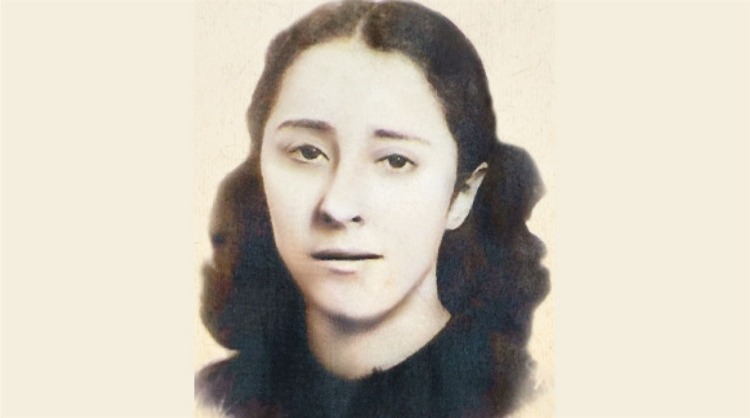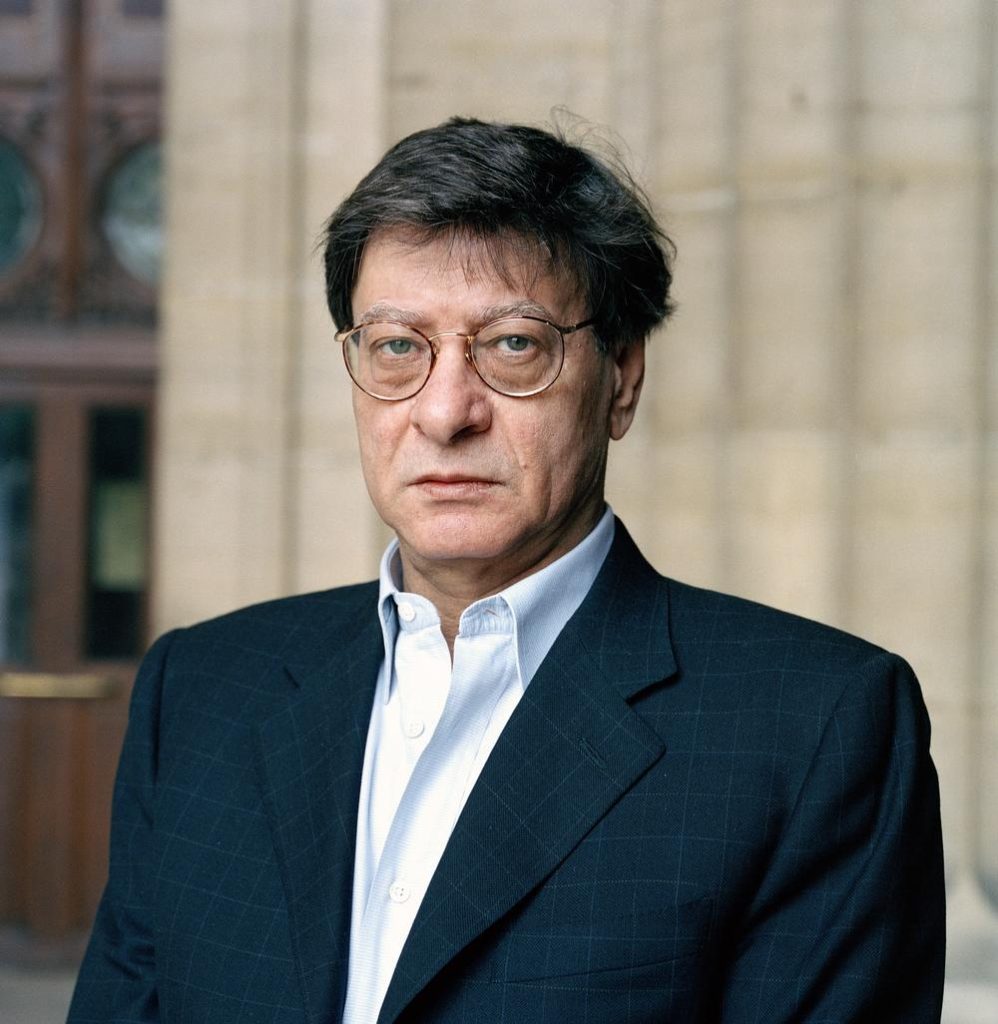Beyond the delectable artistry of music and the magnificence of visual art, one type of artistic expression that can inspire, haunt, captivate and even stir an entire nation is that of poetry. In the Arab world alone, poetry was a powerful form of communication among the poets of Bedouin tribes in pre-Islamic times. It was the type of oral art that managed to persist and get passed on from generation to generation.
Then came the 20th century, a time when some of the most prominent poets rose to the surface, using their wit and emotion to put pen to paper and drive change through new conversations. Such an art form that is so integral to Arab culture needs to celebrated and revived and so we’ve curated a collection of the top MENA region poets and how they have mastered the art of poetry.
Ahmed Shawqi (1868-1932)
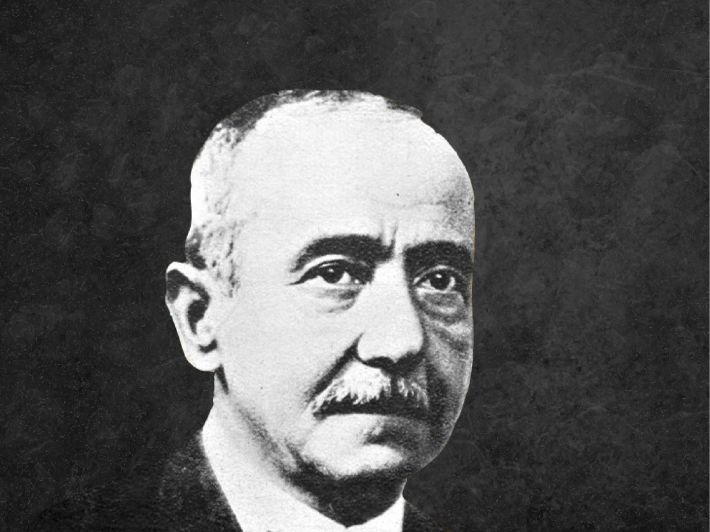
It is hard not to recognize the name Ahmed Shawqi as its holder is a man who was the ultimate pivotal figure in Arabic literature. He was the kind of poet blessed with an astonishing range and sensitivity whose heart was so pure it earned him the love of thousands while his avid patriotism earned him the hatred of the British. Despite being exiled by the British from Egypt after WWI in 1914, when he returned, he dominated the literary scene in the country and ended up earning the title “Prince of Poets” in 1927.
Shawqi had close relations with many of singers of his time, from Mohamed Abdel Wahhab all the way to Umm Kalthum. Each artist was enthralled by his poetry to the point that they ended up singing and performing his work. Umm Kalthum alone sang nine of his poems while Muhammad Othman sang a poem for Shawqat during a party in Helwan back in 1899. What made him even more unique was how he set out to create poems that turned into masterful plays like Cleopatra’s Death and Qambeez.
Nazik Al-Malaika (1923-2007)
Nazik Al-Malaika, the infamous Iraqi poet who wrote her first poem at the prime age of 10, has always been venerated as one of the prime figures of contemporary literature. She was quite unique as it was impossible to pigeonhole her into a specific category, she functioned by her own liking and design. There was a lot of risk when it came to her poetry as she veered away from the classical rhyme of Arabic poetry and instead became a pioneer of the free verse movement.
She broke away from traditions and her jump to free verse poetry was extremely controversial leading her to face intense criticism not just from her society but also her parents. She continued to push her voice to the fore like how in 1947, she published her groundbreaking poem “Cholera”, a heart wrenching piece inspired by the radio announcements of the rising death toll of Egyptians by the dangerous disease. When her parents first read that poem, they expressed disapproval yet she didn’t falter and proudly said “Say whatever you wish to say. I am confident that my poem will change the map of Arab poetry”, and it did just that as her work today continues to be revered and celebrated by many.
Kahlil Gibran (1883 – 1931)
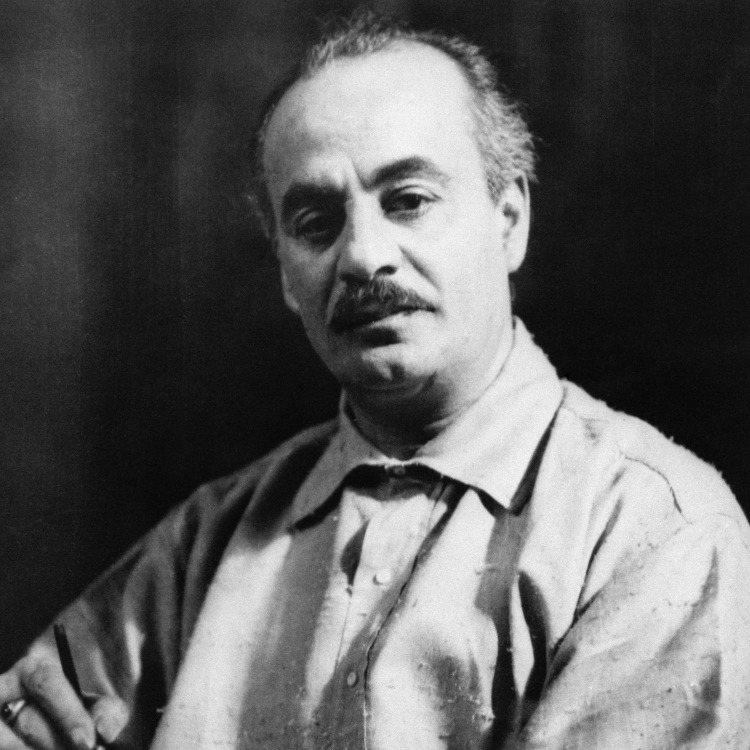
Hailing from Bcharri, Lebanon was Gibran Khalil Gibran, a writer whose voice spoke to millions despite being looked down upon by Western academics. He studied art in Paris and lived in New York and Beirut so to many, he had a global voice. One of his most infamous pieces published back in 1923 was that of “The Prophet”, a book made up of 26 prose poems that were delivered as sermons by a wise man called Al Mustapha.
In the book, before Al Mustapha heads home after being stuck in an island for 12 years, the island’s inhabitants ask him to share his wisdom on everything from love to family to death. These nuggets of wisdom struck a chord with millions of readers around the world as they were pure, spiritualistic and had this magical quality of resonating with people at different stages of their lives. The book was a staggering succes having been translated into more than 50 languages and influencing and inspiring legends like the Beatles, John F Kennedy and Indira Ghandi.
Gamila El Alaily (1907-1991)
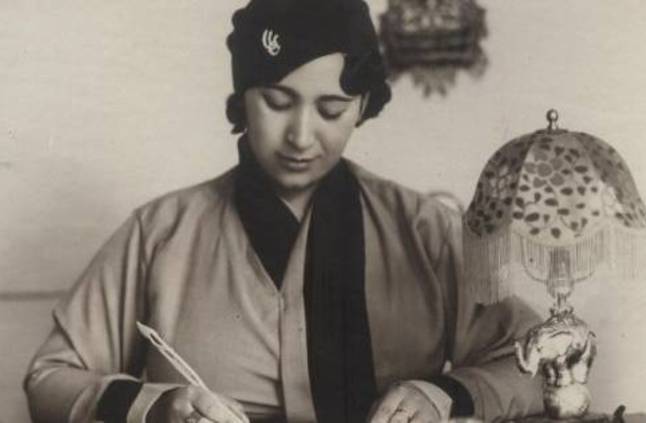
The Egyptian poet, columnist and essayist Gamila El Alaily was someone who had a special role in the world of 20th century literature. The moment she moved from Mansoura to Cairo, her life took on a new trajectory when she began her distinguished career in literature. Her exquisite skills in poetry caught the attention of literary journal Apollo and so they took on the writer wherein she began to contribute her poems to the well-respected publication. From there, she became the only female member of the exclusive Apollo society made up of Cairo-based modernist writers and artists.
Her poetry was rich and remained prominent to this day, spanning from her very first volume published in 1936 called “The Echo Of My Dreams” all the way to her third and final volume “The Echo Of My Faith” published in 1976. To give you a taste of her linguistic prowess, we’ll include a snippet from the final volume of her poetry collection: ” O God, my heart is dreadful. How can I revive it? Who can lull and calm down my heart? The sound of arrogance is deafening my ear today, I would have talked to it had I not had self-praise. Strange my heart has become when in love.”
Nizar Qabbani (1923-1998)
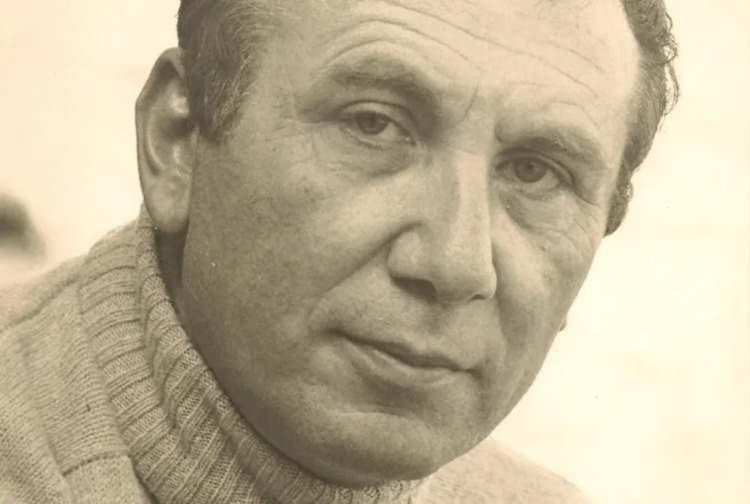
One of the most controversial yet ingenious poets on the list is Syria’s very own Nizar Qabbani. His talent blossomed after he faced a terrible tragedy in his life when his older sister took her own life to escape an arranged marriage when he was only 14. The incident had a profound effect on Qabbani wherein it made him constantly express resentment towards male chauvinism and use his poetry to advocate for the social freedom of women.
Just two years following incident, when he was only 16 years old, he wrote and published his first poem “The Brunette Told Me” in 1944. What came later on were poems whose erotic and romantic themes that clashed with the conservative traditions of Arab literature struck a cord with many conservative readers and critics. Never caged or boxed in, he continued to bring his voice forward and even began to include a strong strain of anti-authoritarianism in his work. In one of his poems, a particular couplet has been often quoted by Arabs as a way of expressing frustration with life under strict authority “O Sultan, my master, if my clothes are ripped and torn it is because your dogs with claws are allowed to tear me”.
Ousha Al-Suwaidi (1920 – 2018)
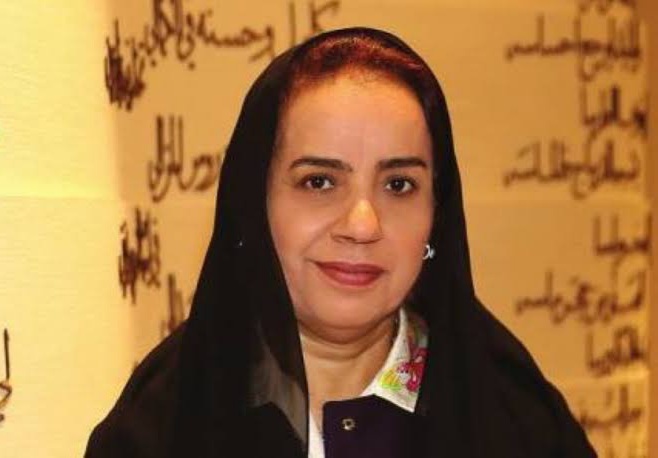
Ousha Al-Suwaidi was the Emirati writer who is recognized and veneered as one of the greatest Nabati poets of the 20th Century. Nabati is the vernacular Arabic poetry that was prominent across the Arabian peninsula. From a young age, Al-Suwaidi had an avid love for literature and when she was a young teenager, she gained a lot of recognition for her poetry recitals which was a huge feat at the time considering that poetry back then was very male dominated.
Over the years, Al-Suwaidi started to write poems in classical Arabic that included themes of love, wisdom, nostalgia and patriotic sentiments. She pooled a lot of inspiration from the world around her especially the UAE’s local land and sea. Overtime, she grew to become a prominent cultural figure and was even coined the nickname “Fatat Al Khaleej” (Girl of the Gulf).
Mahmoud Darwish (1941-2008)
Known as the patriotic Palestinian poet, Darwish was one of the most famous modern poets of Arab history. His works encompassed both poems and prose, publishing more than 30 volumes of poetry and 8 books of prose over the course of his literary career. His career started from a young age wherein he began writing his first poem when he was only 17 and publishing his first volume at the prime age of 19, proving that his talent is as pure and original as his words and the sentiment they hold.
He was always an advocate and defender of Palestinians and their suffering at the hands of the IDF since he witnessed it from the start of the occupation. All of his works feel like an emotional trip through a personal pain made public for the reader to experience as well. His must-reads include “Identity Card”, “The Girl/The Scream” and the entirety of his first poetry volume “Wingless Birds”.
Giving a mention to all these poets is not merely enough to cover all the great and extremely talented Arab figures out there who not only created an everlasting mark on this very delicate and emotional art form but managed to leave anyone who read just one of their works inspired and captivated by their poetic ingenuity.



